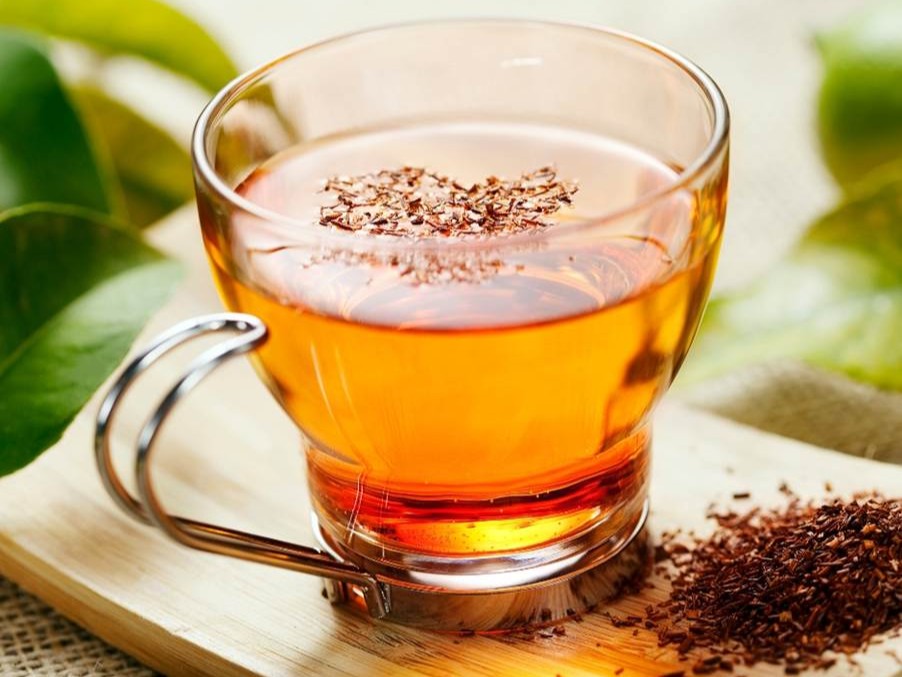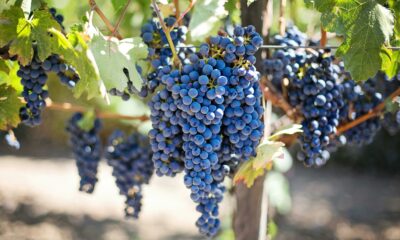News
South African Rooibos Faces 30% US Tariff: Industry Pushes for Relief

Local farmers call for fair trade as America’s new import costs squeeze margins
For many South Africans, Rooibos is more than a tea, it’s part of our cultural identity, a flavour tied to the soil of the Cederberg mountains and the kitchens of countless homes. But now this proudly South African product is at the centre of a global trade tussle: the United States has slapped a 30% tariff on Rooibos imports, and local producers are warning it could hurt both farmers and the wider industry.
A Tariff That Hits Home
The South African Rooibos Council (SARC) says the US currently accounts for about 5% of total Rooibos exports. While that might sound small, the American market’s size and growth potential make it a valuable target for exporters.
“This tariff puts significant downward pressure on revenues,” warned Dawie de Villiers, chairperson of the SARC. “Margins are shrinking, and our exporters risk losing ground against other herbal teas in the US market.”
The irony, De Villiers adds, is that Rooibos doesn’t compete with American crops at all. Over 90% of Rooibos shipped to the US arrives in bulk, where it’s blended, packaged, and marketed by American companies, supporting US jobs and business activity.
A Global Drink with Local Roots
Rooibos (Aspalathus linearis) grows only in a small stretch of the Western Cape. Its uniqueness is part of its charm, and also the reason the industry is pushing for protected designation of origin (PDO) status, much like Champagne in France.
Beyond flavour, Rooibos has found favour globally for its health benefits. Rich in antioxidants, it’s been linked to heart health, cholesterol control, and blood sugar regulation. With wellness trends booming in the US, Rooibos should be thriving there—yet tariffs make access harder and more expensive.
Industry Diversification: A Safety Net, but Not Enough
The good news? Rooibos is not putting all its eggs in one basket. Over the past decade, exports have spread to more than 30 countries, with Japan and Europe emerging as the biggest markets.
Still, expanding into new markets takes time and investment. The US tariff complicates existing relationships just as momentum is building.
“We’re working hard to keep Rooibos competitive in the US while strengthening other markets,” said De Villiers. “But tariffs like these make trade unnecessarily difficult.”
Farmers Feeling the Pinch
For farmers in the Western Cape, the tariff debate isn’t just about trade negotiations, it’s about livelihoods.
“This could lead to increased export volumes, benefiting local farmers and the overall industry,” explained Francois Rossouw, CEO of the Southern African Agri Initiative. “The US is one of the largest tea markets in the world. Dropping tariffs would mean better prices for farmers and more sustainable jobs.”
Farming body TLU SA has also weighed in, stressing that government must play a more active role in balancing international trade relationships. “The tariffs present a challenge, but this is where government needs to engage more meaningfully with global partners,” said Bennie van Zyl, general manager.
Social Media and Public Reaction
On South African Twitter (X), reactions have mixed frustration with pride. One user wrote: “Rooibos doesn’t grow in America. Why make it harder to enjoy something so unique?” Another added: “We should fight harder to protect Rooibos like Italy protects Parmesan or France protects Champagne.”
For many, the tariff highlights how vulnerable local farmers are to global politics, despite producing something entirely unique to South Africa.
More Than Just Tea
The Rooibos debate is about more than exports—it’s about how South Africa positions itself in global trade. With health-conscious consumers driving demand, Rooibos has the potential to become one of the country’s flagship agricultural exports.
But for that to happen, fairer trade terms are essential. The SARC, farmers, and industry stakeholders are now lobbying both local government and US authorities to rethink the tariff.
As De Villiers summed up: “This is not just about tea leaves, it’s about farmers, jobs, and ensuring Rooibos continues to tell South Africa’s story to the world.”
{Source: IOL}
Follow Joburg ETC on Facebook, Twitter , TikTok and Instagram
For more News in Johannesburg, visit joburgetc.com



























